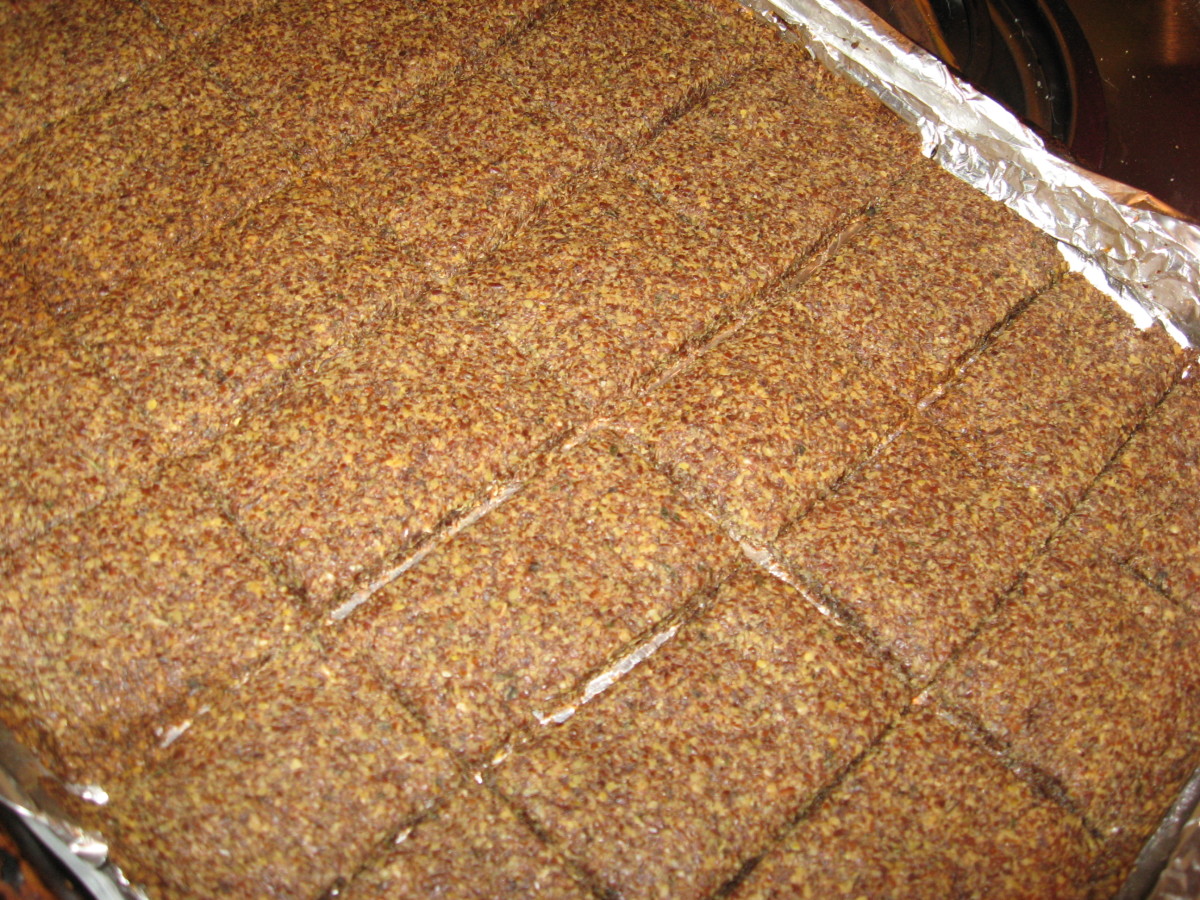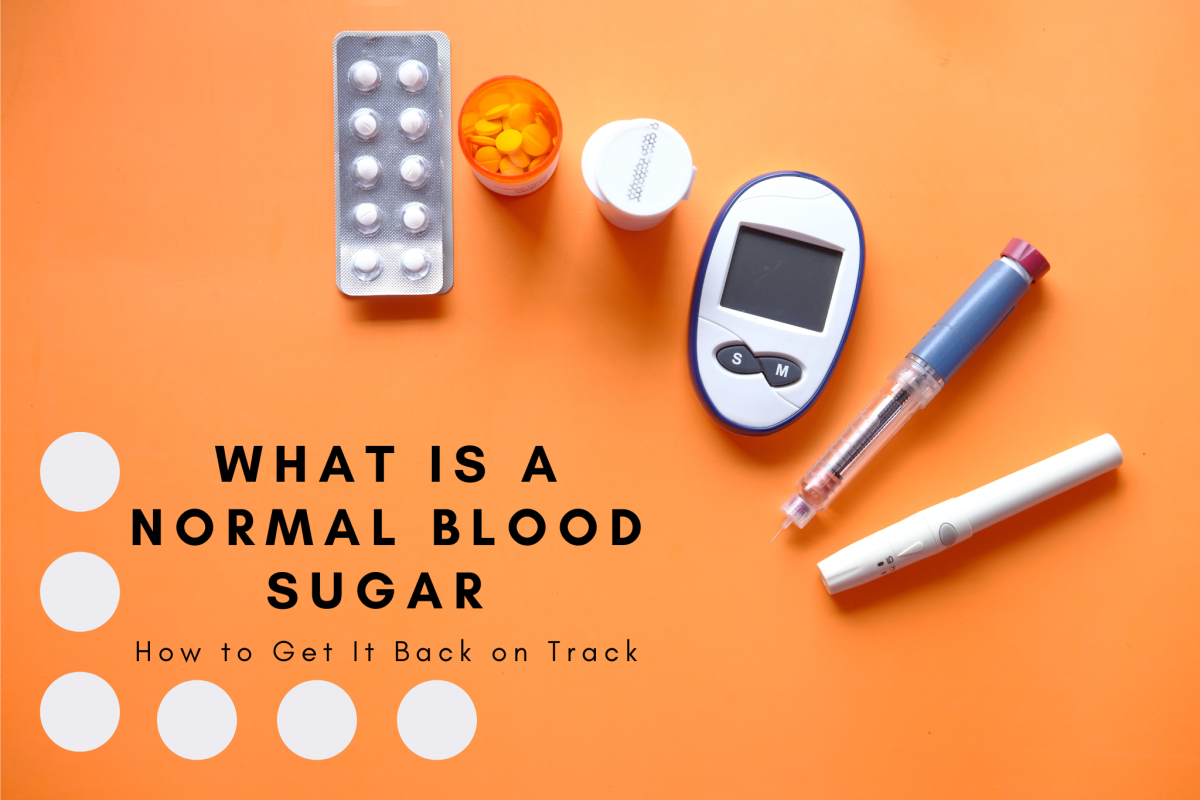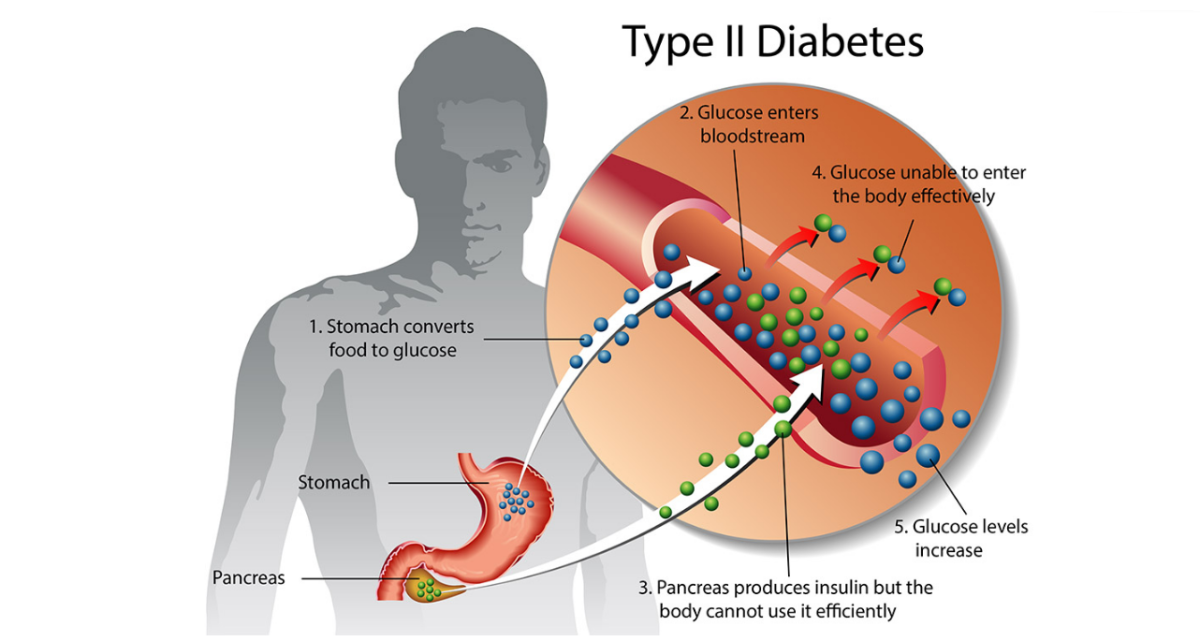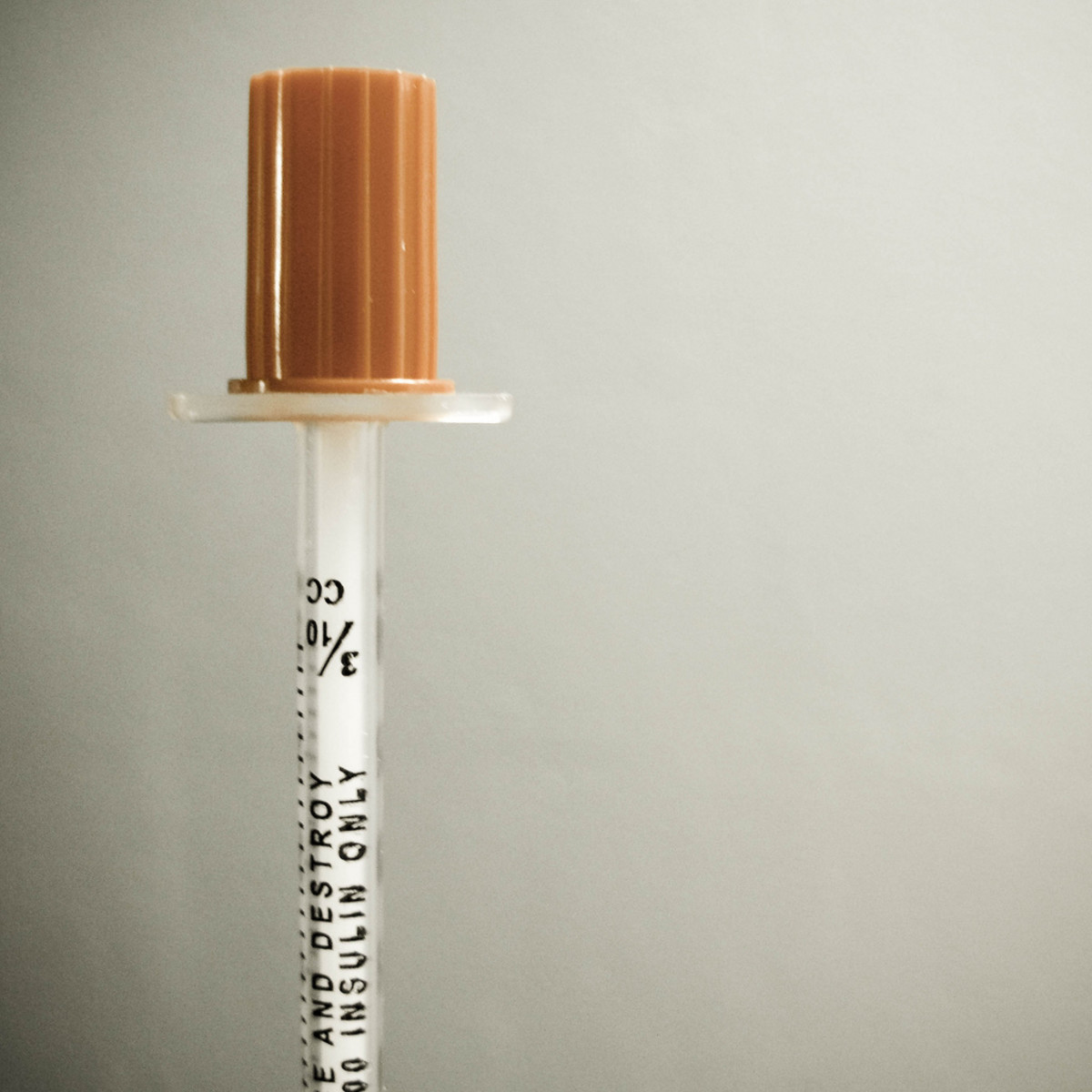Type 2 Diabetes: Understand How to Eat
Eating for Type 2 Diabetes
Having type 2 diabetes is difficult, but it's even more complicated trying to explain proper diet habits. Many allopathic doctors don't understand the condition themselves and many people don't have the money to see a true dietician who can help them get it right.
This is why many people end up assuming that it's sugar that causes most of their long term and immediate problems, while others end up trying to follow some impossible carb free diet. Sadly, a proper diet for everyone including type 2 diabetics, should include both of these items.
So in an attempt to help you understand proper eating habits when you have type 2 diabetes, I would like to go over some easy to understand information.
Healthy is healthy
I would first like to point out, that a good diet for someone with type 2 diabetes is very similar to the best diet you can have as a human being. Organic chemical and additive free foods, moderate exercise, lowered stress levels. These are all things that will keep anyone healthier and stronger for a long time.
It's also important to keep in mind, that unlike type 1 diabetes, type 2 is developed over time. It doesn't matter whether your genetically predisposed to type 2 or not, if you get it, it's because of decades of abuse to your body. Over time, your pancreas, liver and the rest of your digestive system can only take so much punishment. And because type 2 develops over time, that means that you probably aren't going to see instant health changes over night. This is where many people fall into the trap of trying all sorts of diet fads or pharmaceuticals to alleviate their blood sugar problems, instead of sticking with a healthy organic diet and lifestyle change.
Be aware that though there might be some medicines that seem like instant help, they really are just damaging your body more. By changing your diet and lifestyle to be healthier, over time you'll see much more miraculous results.
On with the show...
Now, let's attempt to talk about what makes a healthy Type 2 Diabetes diet.
Most of you have probably heard that sugar and carbs are not good for you when you have any form of diabetes, right? Well, that is both true and untrue. The first truth is that it's not good for anyone to have too many carbs or sugars in their diet. What you aren't often told, is that there are good sugars and bad sugars, and when it comes to carbs, it's not so much about cutting down, it's about balancing your carbs with your proteins.
Now, for the sake of simplicity, we can say that sugar and carbs are essentially the same, because they break down into the same molecules in the body, which are then used to create energy. After we understand this, the next step is to differentiate between good carbs and bad carbs. The good carbs are known as Complex Carbs and the bad carbs are known as Simple Carbs (or carbohydrates).
COMPLEX CARBS
These are the carbs that you find in organic foods such as organic wheat, fruit, vegetables and meats. They are called complex carbs because they have to go all the way through your digestive system and broken down properly before the body tries to use them.
SIMPLE CARBS
These are the carbs often found in processed foods such as fast food or frozen meals, processed sugars that aren't often found in sweets and soda, starchy foods like potatoes, corn and beans. The carbs are known as simple because instead of going through all the proper channels in your body, these ones will hit your stomach and go right out into your body. This means that the carbs remain huge molecules that the body can't easily break down. The more you consume simple carbs, and the longer you've been consuming them, the more work you put on your pancreas to create more cells to break down the large simple sugars. After time, your pancreas gets tired and either stops making enough insulin cells, or it just stops making insulin all together. This is usually what results in high blood sugar.
Now that you understand the difference between complex and simple carbs, it's important to understand that you don't want to avoid all carbs. You want to avoid simple carbs, and you certainly don't want to over do it with even complex carbs, but the most important part is to create a balance between the proteins in your diet and the complex carbs you eat.
Proteins are a very particular compound. Our body needs protein for just about everything it does, including digestion, insulin production and detoxification. So when you consume protein with complex carbs, you give your body a chance to do just what it needs to do - digest properly and keep the body healthy. As a general rule, for every serving of carbs you have, you need at least an equal serving of protein.
Aside from a balance of protein and carbs, you also want to maintain a vitamin rich diet of natural foods that are easy for the body to digest. Make sure you get plenty of B vitamins, D vitamins, Iron, Blue-Green Algae and Calcium on a regular basis. Most of these can easily be found in carb free vegetables or at very least in vitamin tablets, though I will always recommend natural over capsule.
Lifestyle changes..
Changing your diet alone won't help you with type 2 diabetes. The largest reason is because if you don't change your lifestyle, it isn't likely your view point on eating will change either. Eating should be about what the body needs, not about what the tongue desires.
Aside from your view point and your food intake, you should also be concerned with making your sure you get at least a moderate amount of exercise each day. It doesn't have to be heavy sweating and endurance, but it should be exercise that challenges your body. So doing while having some repetitive exercises every day is good, it's more important to make sure to include something that you don't always do, that get's your heart rate up and your body moving.
The reason for this, is because when your heart rate is up, your blood flows easier to the places it needs to go. When your body moves around, you massage your organs and muscles, which helps them do their job even better. More importantly, if you exercise just after you eat, you will find that your body has very little trouble maintaining a proper blood sugar level. This is hard for most of us, as we are used to eating and then relaxing while we digest. As a person with type 2 diabetes, changing your lifestyle towards what is best for your body and not just easiest for you, will bring about the healthiest possible future.
Physical exercise isn't the only other important aspect to think about. Mental stress relieving exercises are also important, as higher stress doesn't help your diabetes any. This is both because of ill effects on your digestive system and because when we are stressed, we often do exactly what we know we shouldn't, like consuming too many treats. When we lower the stress in our lives, we sleep better, are more productive while awake and we make better choices. Your body will thank you for taking care of it, and for allowing it to take better care of you - when you lower the stress in your world.








